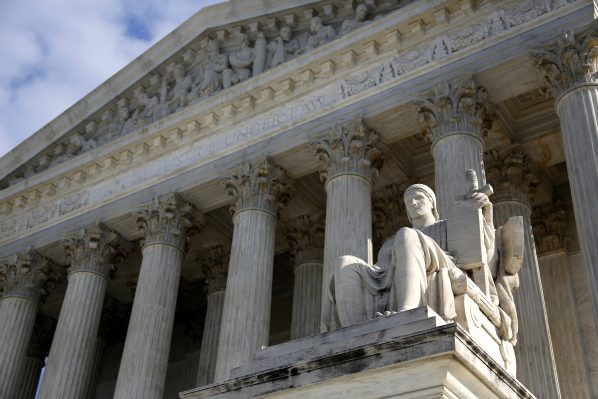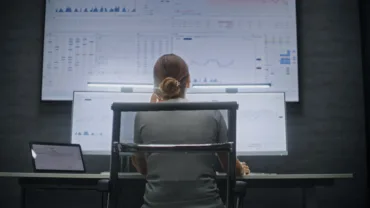The United States Supreme Court heard oral arguments on Wednesday, March 20, 2019, in the appeal of Flowers v. Mississippi. This is the latest appeal in a long-running case where an individual has been prosecuted for the same crime six times since 1996. The appeal alleges that the lead prosecutor in the case, Montgomery County District Attorney Doug Evans, intentionally and willfully struck potential African American jurors in violation of Batson v. Kentucky.
Curtis Flowers was initially charged, convicted, and sentenced to death in 1997 for the murder of four individuals in the Tardy Furniture of Winona, Mississippi. On appeal to the Mississippi Supreme Court, the conviction was thrown out for prosecutorial misconduct committed by prosecutor Doug Evans and the case was remanded to be tried again. The second and third trials and convictions were similarly overturned by the Mississippi Supreme Court for prosecutorial misconduct on the part of Doug Evans.
In each of these cases, Doug Evans used his peremptory strikes on all prospective African American jurors. Between the first two trials, ten prospective African American jurors were struck. In the third trial, the prosecutor used all fifteen of his peremptory strikes on prospective African American jurors. In the fourth and fifth trials, Doug Evans exercised his strikes once more on the prospective African American jurors. These resulted in mistrials when the juries were deadlocked, considered to be due in part to African American jurors being sat among the jury.
In Batson, the United States Supreme Court held that the Equal Protection Clause of the Fourteenth Amendment forbids a prosecutor from striking potential jurors based solely on their race. This decision created Batson challenges, which require the prosecution to offer a race-neutral basis for having struck a juror when challenged on their decision. When reviewing the third trial of Curtis Flowers, the Mississippi Supreme Court concluded that Doug Evans’ use of peremptory challenges “presents us with as strong a prima facie case of racial discrimination as we have ever seen in the context of a Batson challenge[.]”
In the sixth and final trial, there were six potential African American jurors and Doug Evans struck five of them. The trial once more resulted in a conviction, but on appeal the Mississippi Supreme Court concluded that Doug Evans’ had not violated Batson, and the conviction was affirmed. It is this sixth trial and subsequent conviction that is at the center of the case before the United States Supreme Court.
The questioning during oral arguments drew attention for a myriad of reasons, most notably for drawing forth questions from Justice Clarence Thomas. It has been three years since Justice Thomas last posed a question during oral arguments. Justice Thomas questioned whether the defense for Curtis Flowers had exercised any peremptory strikes, and whether the jurors they struck were white. Sheri Lynn Johnson, Flowers’ attorney, responded that the defense had struck white jurors, and raised that the relevant question in the case is the motive behind the prosecutor’s strikes, not the defense.
While Justice Thomas seemed to express skepticism to the violation of Batson, the other justices appeared to support the claim. Justice Brett Kavanaugh, a new voice on the court, stated that they “can’t take the history out of this case,” referring to how Doug Evans struck 41 of 42 prospective African American jurors and indicating a willingness to consider more than the transcript of the sixth trial. Justice Elena Kagan also sounded her agreement, referring to one struck juror that seemingly would be an ideal juror for a prosecutor and stating that “it looks as though [Evans] is designing, trying to create a record for striking black jurors.”
If the Supreme Court should overturn the conviction on prosecutorial misconduct, then the case would return to the state of Mississippi to determine whether or not to prosecute Curtis Flowers a seventh time.
For more information on the history behind the case, the Peabody Award winning podcast In the Dark has extensively reported on the case in its second season.
Not a Westlaw subscriber? Sign-up for a free trial today.






